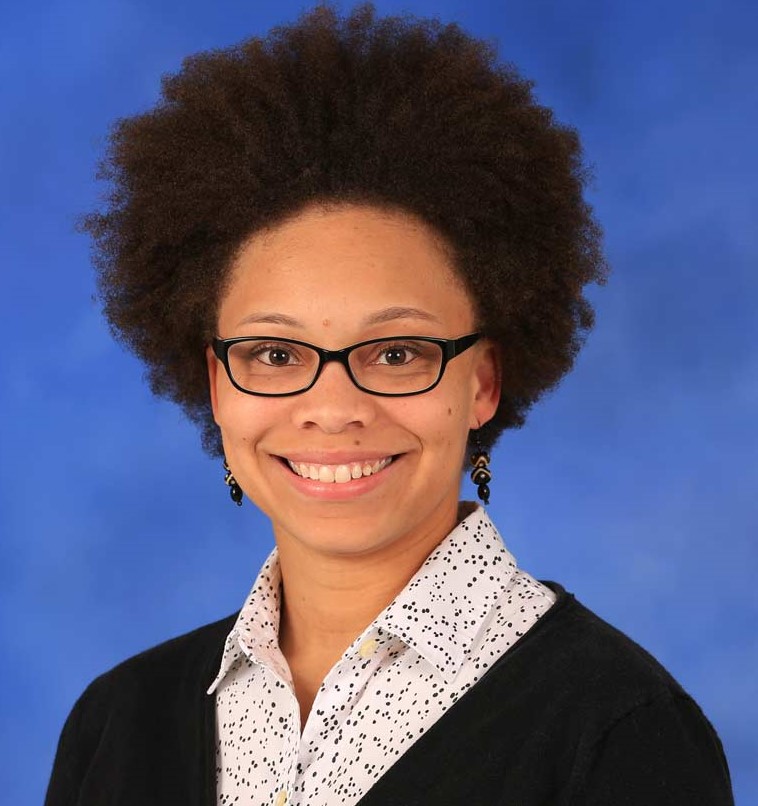Dr. Jennifer Sims, Contributing Writer
Dr. Martin Luther King, Jr. famously said, “As Birmingham goes, so goes the South.” Reflecting more recently on the trajectory of the whole nation, Poet Laureate of Alabama Ashely M. Jones said that “this place is only a mirror for the other forty-nine states: what happens here happens in every corner of America.”
One thing that has recently happened here in Alabama is a resurgence of ignorance-based thinking. One example is the recent banning of diversity, equity, and inclusion (DEI) in schools and businesses. This new law came about in part because of the unsubstantiated claim that DEI initiatives prioritized students’ and employees’ racial identity over their qualifications and were thus “reverse racism” against white people. To be clear, as with claims that the Affirmative Action efforts of the past hurt white people, the claims against contemporary DEI efforts were likewise patently false. But they were said by powerful white people, so the statements were supposed to be accepted as Gospel truth.
My new book, The Fallacies of Racism, calls this type of thinking the Simon Says Fallacy. It is not logical (i.e., is a “fallacy”) to believe claims about DEI, or whatever else, is currently being demonized in the courts and media simply because the speakers are white and loud and said it. The book highlights a dozen common patterns of thinking that, upon critical investigation, are revealed to be rooted in white supremacist logic and work to maintain racial inequality. It ends by emphasizing that one thing we all can do to combat racism is to get into the habit of thinking slowly and critically about how issues of racism are talked about.
The ability to recognize ignorance-based thinking will be especially important in 2025. In the coming months, we are going to be bombarded with more wildly inaccurate statements, like immigrants are eating dogs/cats and illegal prisoners are having transgender surgeries. DEI may be banned in Alabama and other corners of America soon. However, some of us still want a world that values different gifts (diversity), welcomes all of God’s children (inclusion), and treats them as God would (equity). One step that we can take toward that goal is making sure that our perspectives on racism, sexism, transgender people, and more stem from a carefully considered and informed place. We can reject ignorance-based ways of thinking, such as the Simon Says Fallacy, which tells us to believe whatever comes across our newsfeed or television.
In a time of financial uncertainty and material hardship for many, saying that we need to redouble our commitment to critical thinking may seem trite. But our actions, both individual and collective, flow from our mindset. Alabama offers the nation examples of ignorance-based thinking and examples of critical thinking, and it shows examples of the actions that stem from each. I pray that in 2025, more people here and in every corner of America are guided by the spirit to choose the latter over the former.





